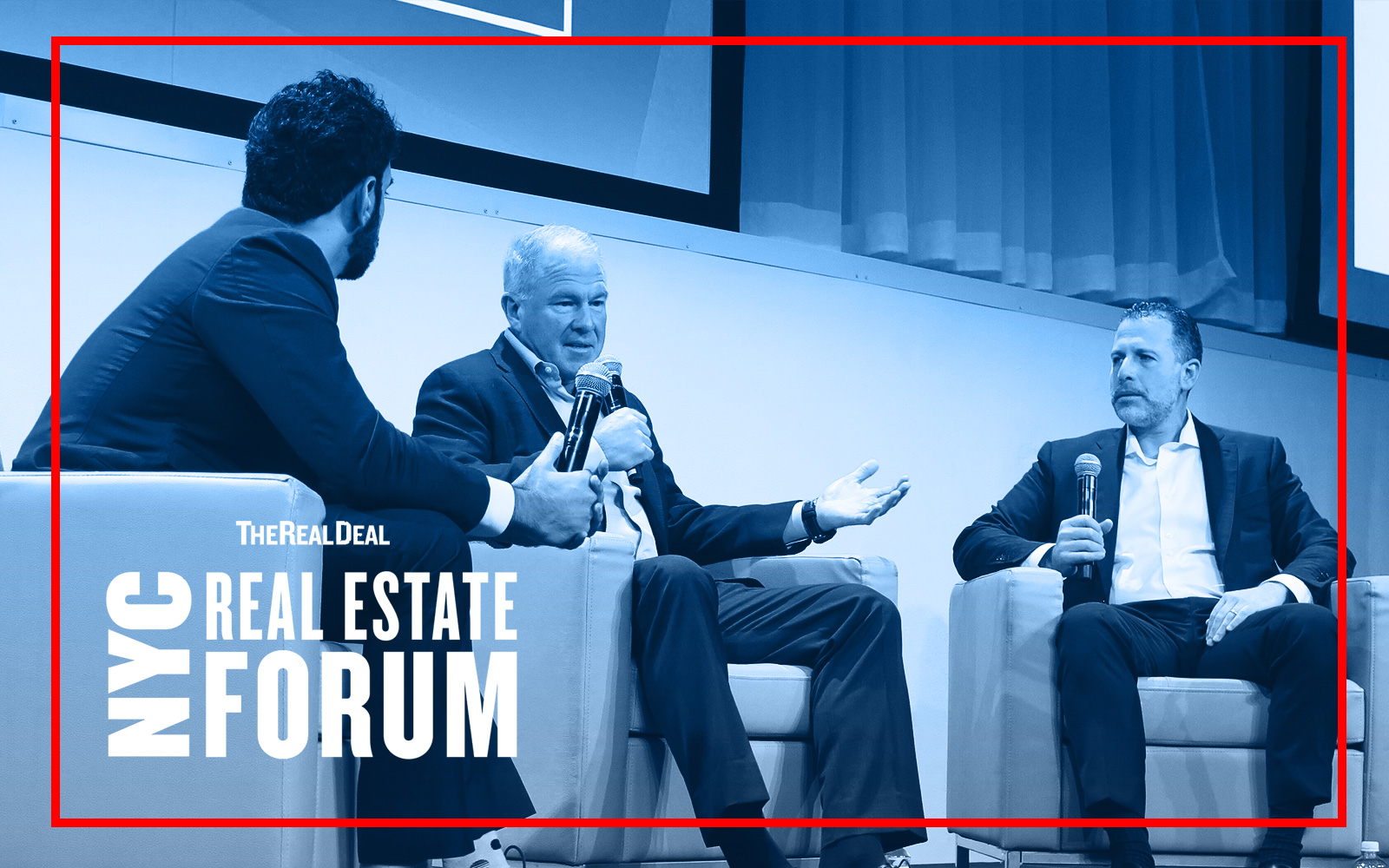As banks slink away from traditional financing decisions in the wake of this spring’s banking debacle, private credit funds are rising to meet the moment.
Private credit funds are becoming more ubiquitous in the world of consumer lending, Bloomberg reported. Known as a source of funding for corporate buyouts, private credit funds are tackling more “Main Street” debts to fill the lurch being created by banks.
“The stone has been thrown into the pond, we are watching the ripples as they come our way, and we are trying not to show the smile on our face,” said Ares Management’s Joel Holsinger.
While similar to private equity firms, private credit funds are dedicated to lending, rather than buying companies. They aren’t wholly separate businesses, though, as private equity firms like Blackstone and KKR have their own private credit arms.
Ares, for one, purchased a $3.5 billion debt portfolio from PacWest in June, before the bank agreed to be sold to the Banc of California. Blackstone’s Jon Gray recently told Bloomberg that private credit arrived at a “golden moment.”
Private credit funds hold several advantages over banks. For starters, regulatory oversight is not as tight as it is for banks. This allows the funds more flexibility with the terms they offer borrowers. They’ve also accumulated piles of cash, something small and midsize companies looking for lines of credit have noticed.
In one telling example, construction company Orion Group Holdings refinanced a $42.5 million revolving loan led by Regions Bank with a $103 million deal from a private credit company, White Oak Global Advisors.
On the flip side, investment transparency among private credit funds is nowhere near that of the players in the public market.
Read more


Despite private credit’s increasing presence, there’s still a ways to go before it has anywhere near the impact of its private equity cousin. As of the end of last year, there was $1.5 trillion in private credit assets under management, according to Preqin, less than a fifth of the assets under management in the private equity category.
In May, alternative lending leaders Josh Zegen of Madison Realty Capital and Steven Stuart of Fortress Investment Group noted increasing demand for their services when speaking at The Real Deal’s NYC Showcase + Forum. Zegen, however, said private lenders can’t entirely replace regional banks.
— Holden Walter-Warner
